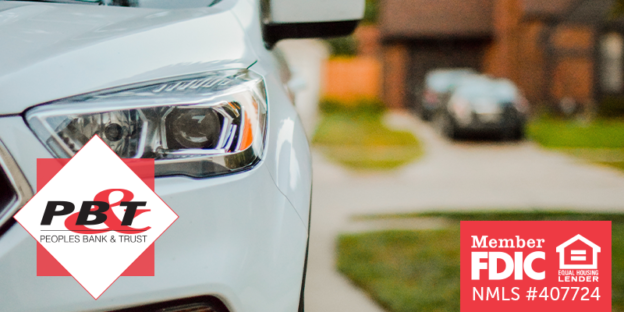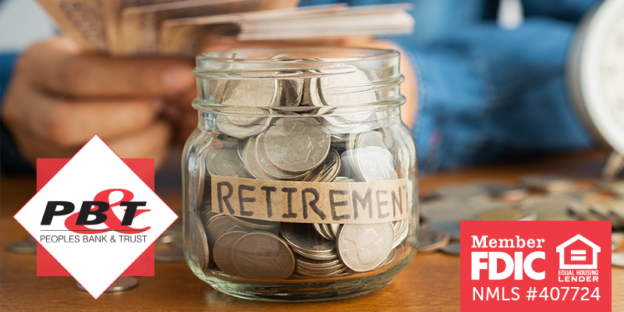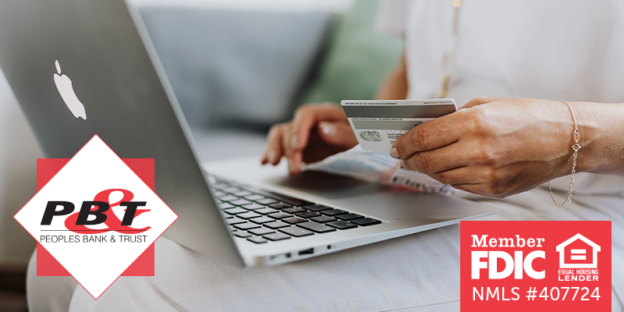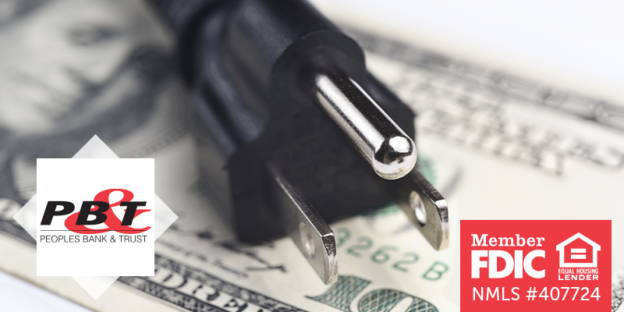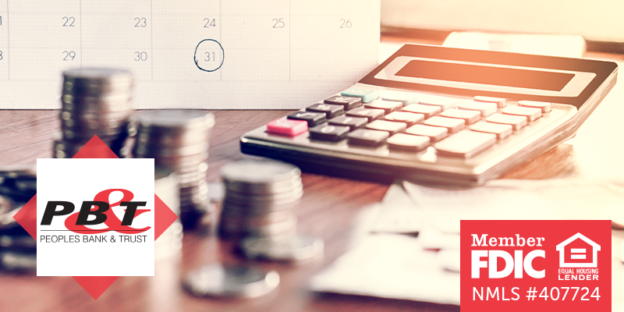Congratulations on your engagement and wedding! Whether you are recently engaged or have already tied the knot, talking about finances is extremely important in order to set you both up for success. Peoples Bank & Trust wants to offer a married couple’s guide to finances, so you can live happily ever after.
How will bills be split?
There are many day-to-day and monthly expenses that arise. You’ll want to talk about how these will be shared so both parties feel that a fair outcome has been decided. Talk about groceries, rent/mortgage, property taxes, property insurance, utilities, health insurance, life insurance, car payments, student loans, any repairs/renovations and so on. This can all add up so it’s important to go over your salaries after taxes and retirement savings so you can know who will pay what.
Whose insurance will you use?
You both potentially work at different companies with different insurance. Compare the prices, benefits and what’s included in both so you can come to the conclusion on which health insurance is best for you.
Do you plan on having or already have children?
Children throw even more costs into the mix. This will change your health insurance costs, add more monthly costs and more. You will also want to talk about saving for your child’s college, helping pay for a car and other big expenses. Sit down and discuss your goals financially for your children – then you can start them out on the right path financially!
Will you have separate and/or joint accounts?
It is completely okay to have separate accounts, but it may also be nice to have a joint checking account for bills or to save for child expenses. One partner may pay all of the bills each month so it’s easy to have a joint account where both of you have stashed cash so they can pull money from there.
Have you updated your beneficiaries and created a will?
Now that you are married, be sure to update your beneficiary information on your retirement plans, life insurance and any other areas that require you to do so. You will also want to think about creating a will if you haven’t done so already. This is especially important once children come into the mix.
Has your insurance coverage been reviewed and updated yet?
Be sure to update your insurance. You can also get deals when you combine your mortgage, car and life insurance together all on one plan. Look into that to see if that helps you save any money. While doing that, you’ll also want to look into life insurance. You are both responsible for your mortgage and if you plan on having kids, that’s another place you’ll need part of your partner’s income if something were to happen to one of you. You want to make sure you’re set up for success if the worst did come.
We hope this guide gives you a good start to become financially sound in your marriage. The professionals here are happy to answer any other questions you may have regarding your finances as a newly married couple – just contact us!
Peoples Bank & Trust Co.
Member FDIC
Equal Housing Lender



